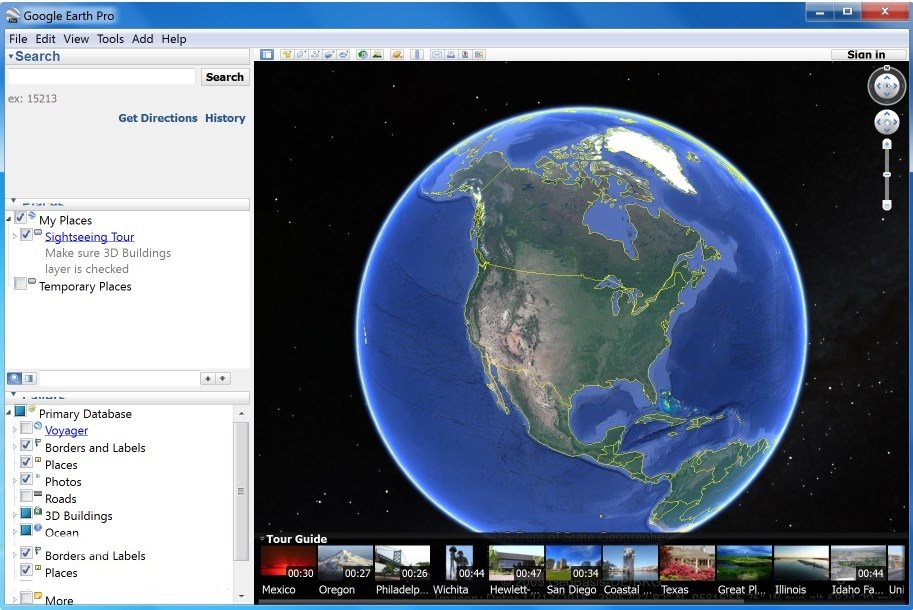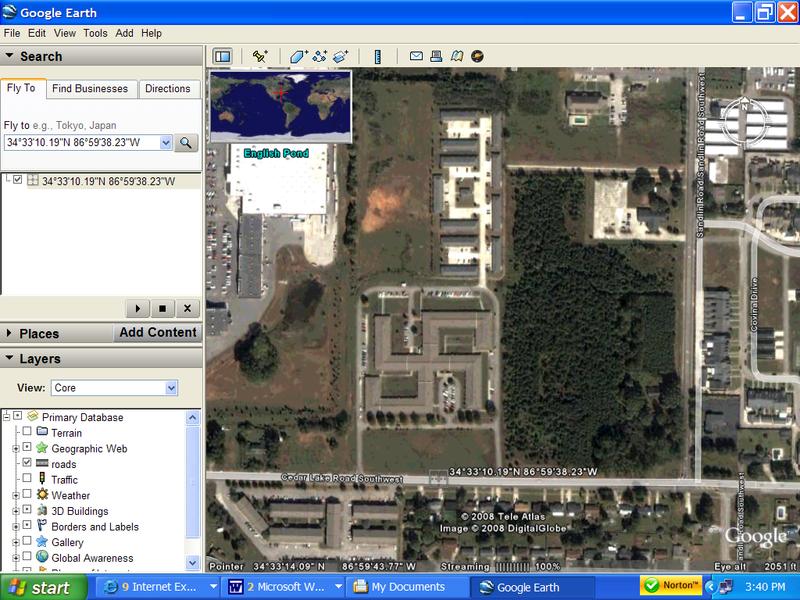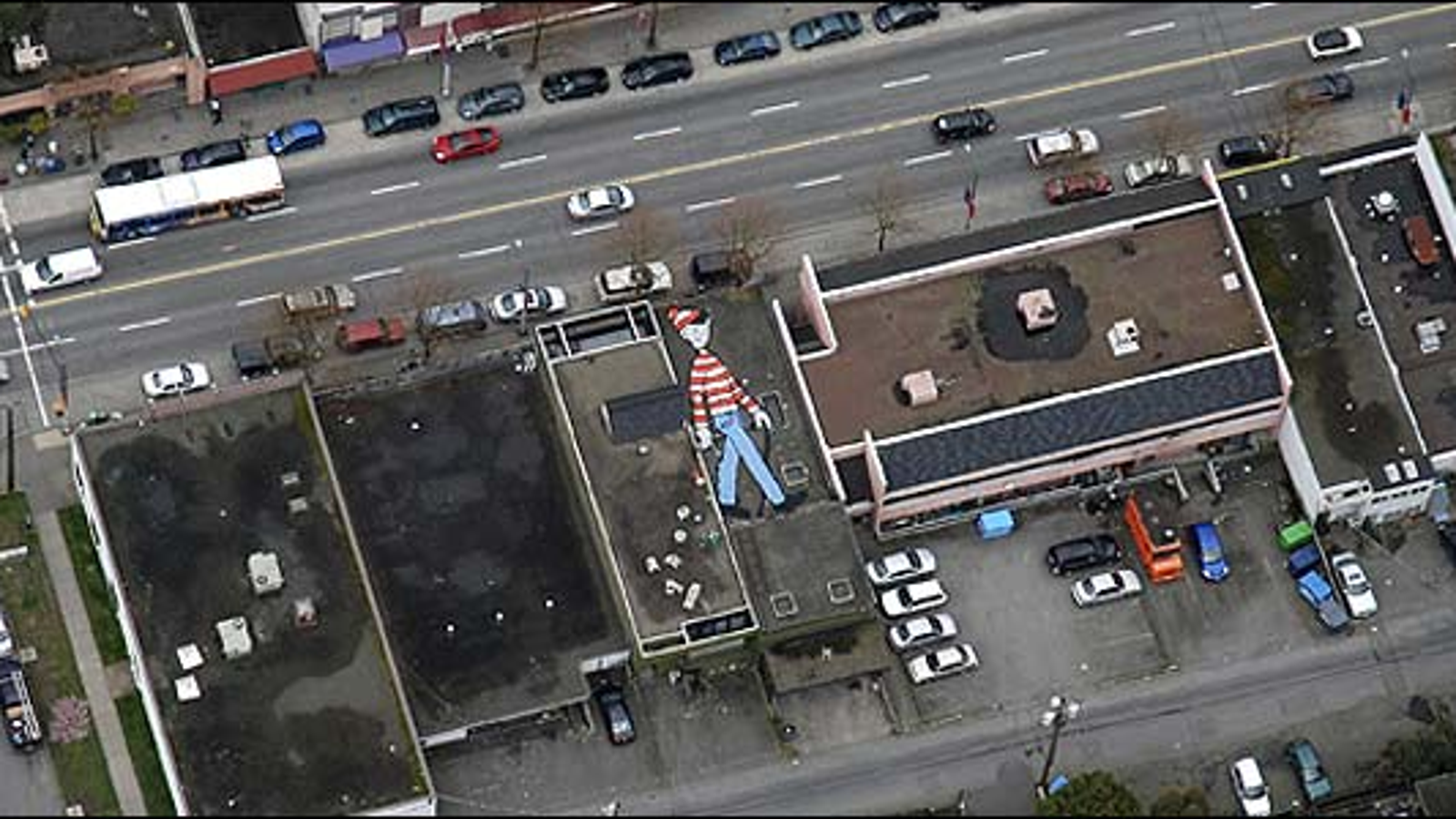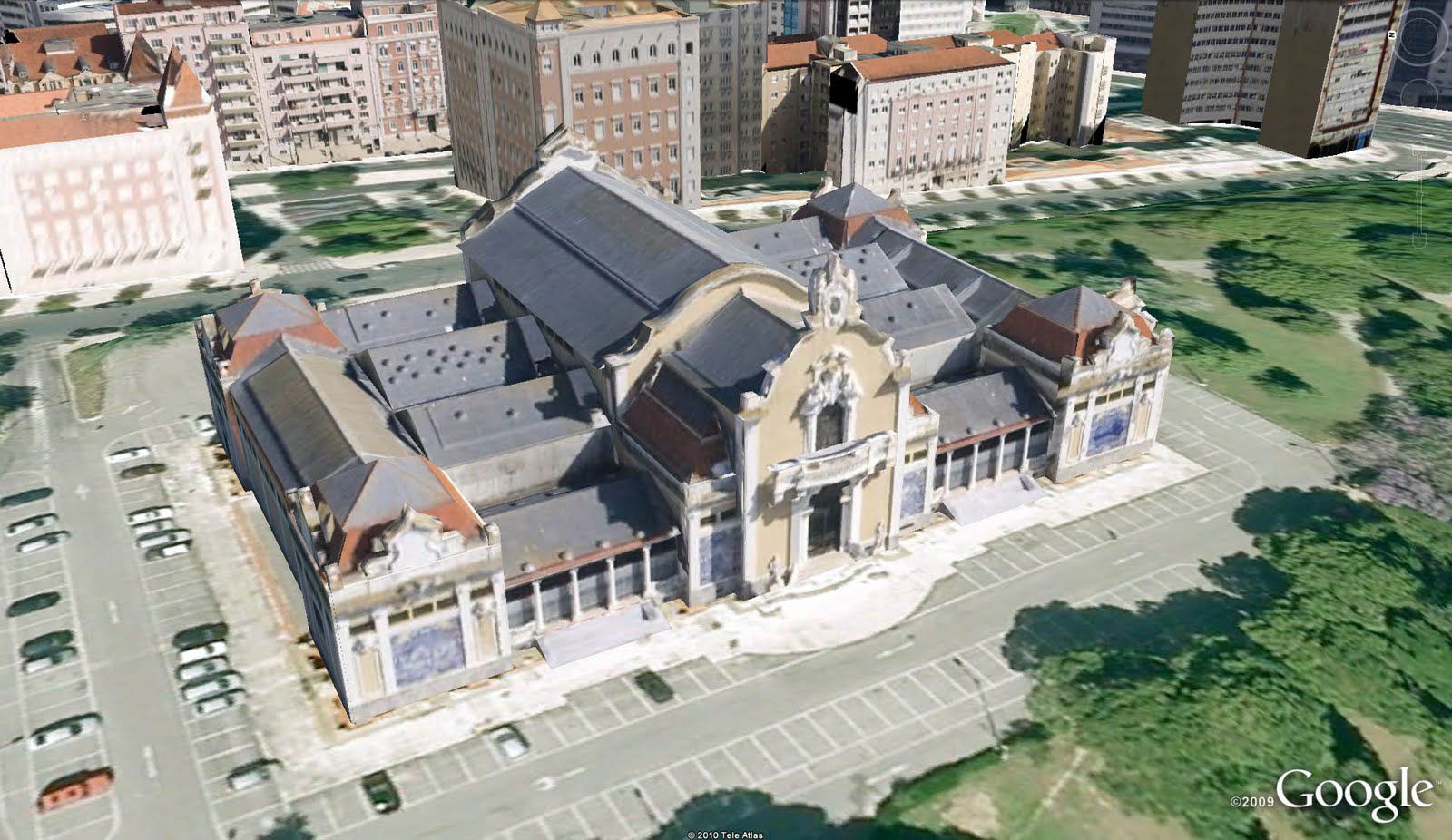

Layers are organized for display at one or more of three “eye altitude” (map scale) ranges in Google Earth: status maps at high altitudes, regional overviews of flood hazards at medium altitudes, and detailed flood hazard maps at low altitudes. If a layer is turned on, clicking on the text below the name of the layer (text that starts with “Draws at…”) zooms the Google Earth view to a sample display of the layer.

The name of each layer is hyperlinked to a description of the layer, the map symbols used for the layer, and links to other FEMA web sites relevant to the layer. A basic knowledge of Google Earth and FEMA flood hazard information will help users of this application. MRSID JPEG 2000 GeoTiff ERDAS Imagine ECW Express Server Layers WMS Layers. You control the information displayed by turning layers on and off. posts will deal with the vector and GPS/Google Earth capabilities. “NFHL” is a general application that provides for the display of the status of NFHL data availability, flood hazard zones, floodways, Coastal Barrier Resources System and Otherwise Protected Area units, community boundaries and names, base flood elevations, cross sections and coastal transects and their labels, hydraulic and flood control structures, Flood Insurance Rate Map and Letter of Map Revision boundaries and numbers, and Q3 flood hazard data. Version 1.1 fixes a problem in which users reported receiving an error instead of the opening screen for the application. The application has two steps: (1) insure that flood hazard information is available for a community and (2) if information is available, view flood information for places in the community. It allows you to view flood hazard zones, cross sections and their labels, community names and boundaries, Flood Insurance Rate Map numbers and boundaries, and Letter of Map Revision case numbers and boundaries. “Stay Dry” is a focused application that provides basic flood hazard map information from FEMA’s National Flood Hazard Layer for a community or an address.

FEMA offers two applications: “Stay Dry” and “FEMA NFHL.” Each is described below, and each has its own.
#Mapublisher wms google earth how to#
The following example shows how to make a GetMap request. There are several pre-configured maps which can be added straight to the map view e.g. The overlays are WMS or ArcGIS Server Tiled map services. To activate the overlay please open the navigation drawer and select Manage Google Overlays option. It allows the client to specify layers, the spatial reference system, the geograpic area, time values, and other parameters. Starting from version 1.5.0 there is an option to add an overlay when browsing Google Maps.

You could use this base URL in a WMS client, or make WMS requests through a web browser. The NEO Web Mapping Service implementation strives to open up the NEO collection to users who wish to access its contents via machine-to-machine interaction. The MAPublisher WMS import connects to servers that use version 1.1.1 of the. The WMS of this LAS server has a base URL prefix: Google Earth (kml, kmz) Import and Export Keyhole Markup Language (KML). The WMS service of LAS (Armstrong 1.1 and up) was implemented based on OGC WMS standard version 1.1.1.


 0 kommentar(er)
0 kommentar(er)
